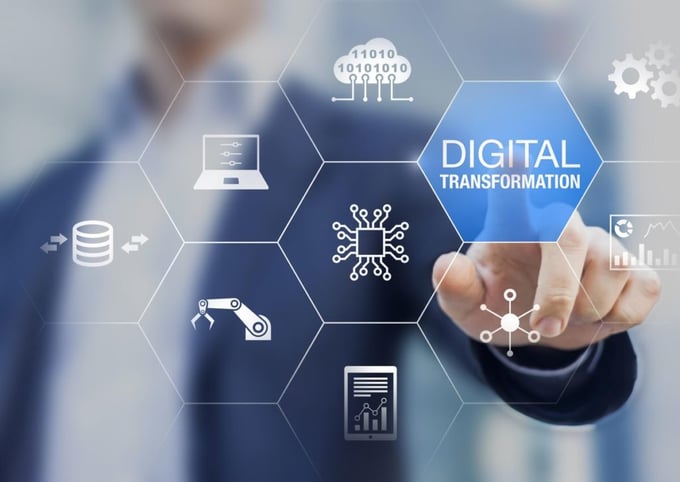Staying competitive: kickstarting digital transformation
Digital transformation for grocers is now easier and more affordable than ever with headless commerce.
For general retailers, the pressure to move operations online has been mounting for the past decade or more. The consumer shift toward online shopping has, for the most part, been a gradual one. For the majority of retailers, that means the COVID-19 pandemic was relatively easy to manage because the digital infrastructure was already there. This isn’t the case for grocery retailers, however, many of whom now face an unprecedented challenge in serving their customers digitally.
This challenge is greater for grocery retailers than it is for other sectors because of the many variables that can impact the customer experience, including weight articles, substitutions, freshness and the movement of frozen goods. Yet despite these difficulties, grocers have been pressured into making their services available online in a relatively short space of time, both because of the pandemic and also because of mounting competition within the industry as a whole.
While many of the big players in the grocery sector have been slow with their plans for digital transformation, smaller and more nimble digital disruptors have been quick to take advantage. Digitally native ‘delivery app’ companies have entered the market by forging partnerships with grocers, enabling supermarkets to fulfil online orders without properly investing in their own infrastructure or logistics solutions.

These delivery app companies gained popularity because they fulfilled a very legitimate need, but the downside is that supermarkets have to relinquish control over key elements, such as the product catalogue, promotions, product information and how customer data is handled.
The good news is that digital transformation is now easier and more affordable than ever before, and more supermarkets are beginning to see the benefits of keeping their operations in-house instead of relying on third-party order fulfilment.
This is largely due to innovations in headless commerce. In particular, the use of microservices and APIs, which essentially act as small building blocks from which tailored e-commerce solutions can be constructed. This avoids the need for building expensive, proprietary software from scratch that’s difficult to update and maintain.
For most industries, digital transformation is all about software development, but grocers have a tougher challenge. They need to think about processes, functions and logistics. How are the products picked? How are they stored? How are basket prices calculated with complications like weight or last-minute substitutions?
Lastly, grocers need to put the customer experience above all else. For consumers, an online grocery basket is a convenience rather than a considered purchase, so it’s as much about the quality of the process as it is about the quality of the product. In this regard, supermarkets have a very unique challenge on their hands.
To find out more about the grocery commerce software solutions offered by Emporix, click here or get in touch with us.
